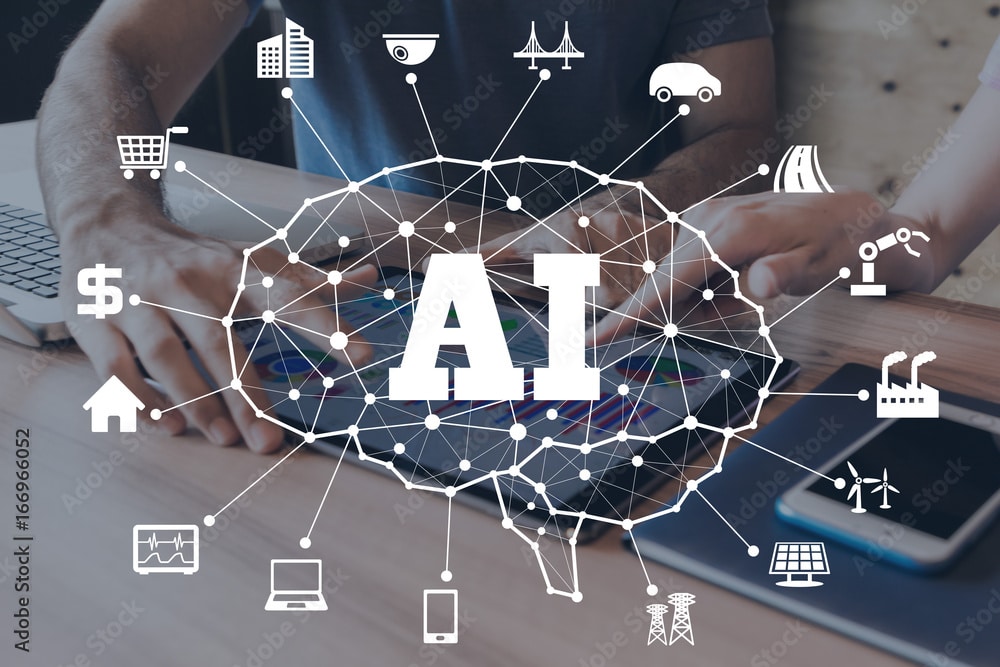A new survey conducted by Workplace Intelligence in collaboration with Hult International Business School illustrates the sour outlook employers have for recent graduates. The study found that 37% of employers would prefer hiring a robot or AI over a recent college graduate. This striking statistic reflects growing concerns about the preparedness of new entrants to the workforce and sheds light on the evolving expectations of employers.
Why Employers Are Skeptical About Recent Graduates
The survey highlights that 96% of HR leaders believe colleges aren’t adequately preparing students for today’s workplace. A staggering 89% of employers admit to actively avoiding hiring recent graduates due to concerns about their lack of real-world experience, soft skills like communication and collaboration, and even basic business etiquette.
This disconnect between academia and industry means many new hires require costly training and onboarding. HR leaders estimate they could save over $4,500 per employee if candidates were job-ready from day one. In a talent market that prizes efficiency, this gap in readiness makes AI or other alternatives seem more appealing.
What This Reveals About Perceptions of New Graduates
The findings also reflect a crisis of confidence among recent graduates themselves. Over three-quarters (77%) of survey respondents reported feeling they learned more in their first six months on the job than during their entire undergraduate education, and a striking 55% believe their college education didn’t prepare them at all for the workplace. Nearly all graduates (94%) even regret their choice of degree, with 43% feeling it has negatively impacted their career prospects and financial future.
What This Means for Employers
For employers, the preference for hiring AI over new graduates underscores a need for urgent changes in how companies and educational institutions prepare and integrate young professionals. While AI can offer efficiency and consistency, it lacks the creativity, adaptability, and emotional intelligence that humans bring to the table. This reinforces the importance of developing programs that help recent graduates acquire not just technical skills but also the soft skills that employers overwhelmingly value.
HR leaders surveyed emphasized the need for human skills like communication (98%), collaboration (92%), and critical thinking (87%). By partnering with colleges to shape more practical, skills-based curricula or investing in robust onboarding programs, employers can help bridge the readiness gap rather than circumventing it with AI.
The Workplace Intelligence – Hult study offers a clear takeaway: both educational institutions and employers must adapt to prepare young professionals for a rapidly changing workplace. For colleges, this means incorporating real-world challenges, AI training, and workplace coaching into curricula. For employers, it’s about balancing short-term efficiency with long-term development to harness the full potential of the next generation of workers.
Lin Grensing-Pophal is a Contributing Editor at HR Daily Advisor.
The post Over 1/3 of Employers Would Rather Hire a Robot or AI Than a Recent Graduate appeared first on HR Daily Advisor.
